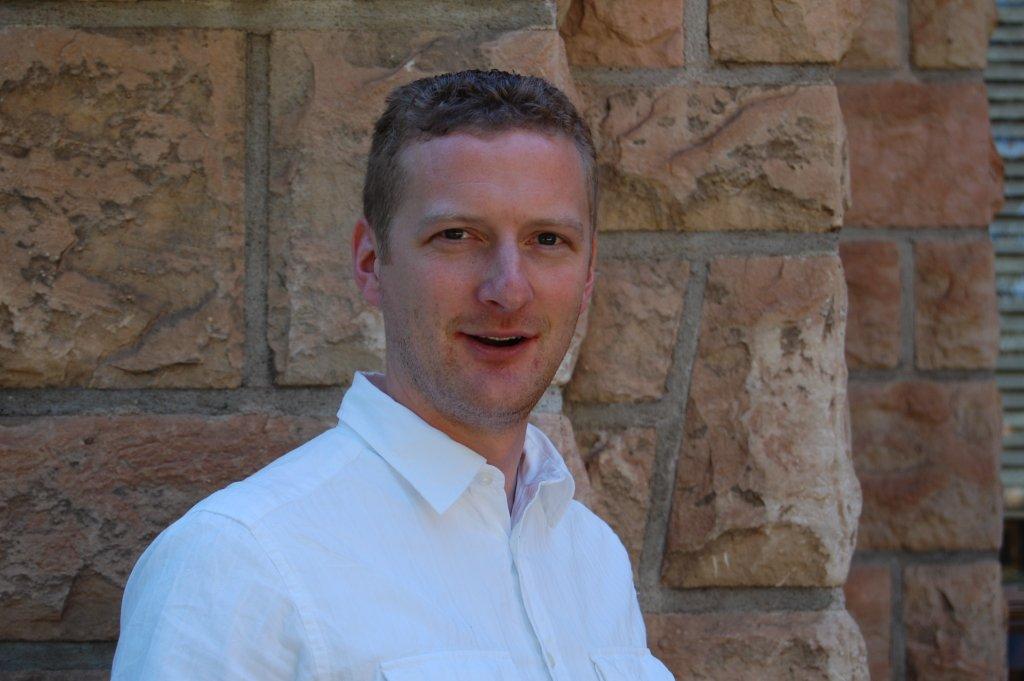Teaching Assistant: Josh Heiner
Office: Physical Sciences 105
(west side of campus)
Office Hours: Monday 11AM-12noon, Tuesday 11AM-12noon, Wednesday 11AM-12noon
Discussion Section: Monday 3:10-4PM and 4:10-5PM, Tuesday 1:10-2PM and 2:10-3PM
jheiner2@uwyo.edu
|
Teaching Assistant: Will Chick
Office: Physical Sciences 103D
(west side of campus)
Office Hours: Wednesday 10-11AM
Discussion Section: Monday 2:10-3PM
wchick@uwyo.edu
|
Teaching Assistant: Uppalaiah Erugu
Office: Physical Sciences 105
(west side of campus)
Office Hours: Monday, 11AM-12noon
Discussion Section: None
uerugu@uwyo.edu
|
